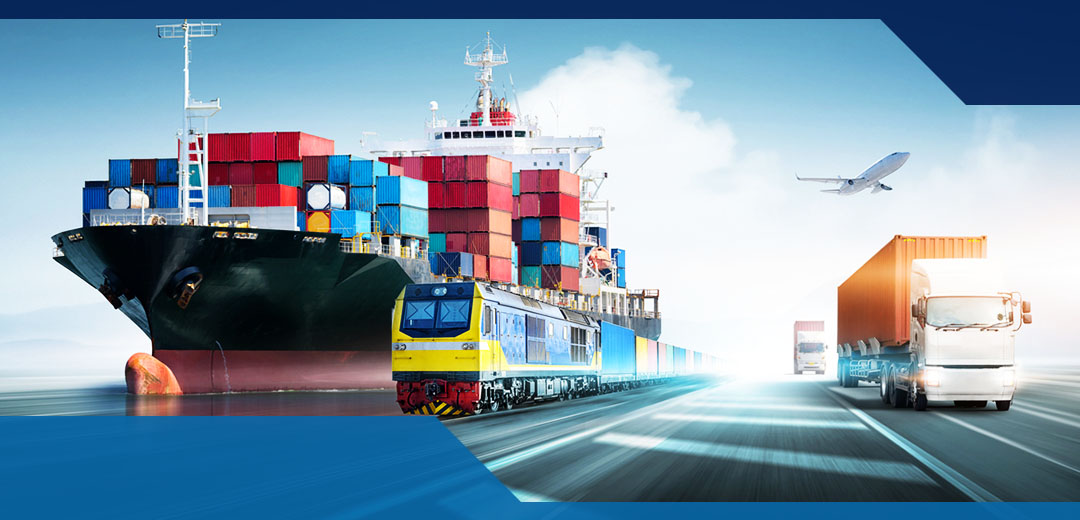Cargo Expedition: The Essential Function in Trendy Global Commerce
Cargo Expedition: The Essential Function in Trendy Global Commerce
Blog Article
Cargo transportation is a vital aspect of global economics that facilitates the transportation of commodities and merchandise around the globe. It encompasses the logistics, transportation and distribution of different kinds of goods, ranging from raw materials up to items. Whether through land, air or ocean, a cargo voyages allow businesses to reach international markets, and consumers to receive products from all over the world. As the world's economy expands and trade increases, the significance of reliable and efficient cargo transportation continues to rise. Due to the advancements in technology and rising demand for speed cargo expeditions are transforming how things are shipped to customers, and it is becoming an essential part for modern-day commerce.
The versatility of cargo expeditions lies in their ability in adapting to a variety of modes of transport in order to satisfy specific transport requirements. Air freight provides unparalleled speed and is favored for high-value or time-sensitive cargoes like electronics and medical supplies. Ocean freight dominates when it comes to volume as it allows the movement of large quantities of commodities like petroleum products, agricultural goods as well as automobiles. Land transportation, comprising trucks and rail networks, connects airports, ports, and ports with their destinations. This provides efficient logistics solutions. The integration of these transport methods into multimodal systems enables cargo transports to achieve the right balance between efficiency in terms of cost, delivery, and timeframes. This makes them essential for businesses of any size.
The logistics that accompany cargo transport require careful planning and coordination of various players such as freight forwarders, shipping firms, customs brokers and finally, the consumers. The companies must take into consideration a variety of factors that affect the logistics of their cargo, such as routes transit times, potential delays and regulations regarding customs, all of which affect the total cost and effectiveness of the cargo. In particular, customs processes are a major factor in international shipping, as products must be cleared by customs prior departing or entering a country. Failure to properly document or adhere to regulations can lead to delays, adding to the cost and causing delays in the process. Efficient cargo management, therefore needs a great deal of coordination and expertise to manage these challenges and make sure that deliveries are on time.
Sustainability has emerged as a central focus in the Cargo Expedition market, since regulators and environmental concerns encourage companies to use more eco-friendly strategies. This shift toward energy-efficient transportation methods, like the electric truck and the low emission ships represents a determination towards reducing carbon footprint of logistical operations. Recycling solutions for sustainable packaging such as waste reduction projects, as well as eco-friendly warehouses are becoming popular among the industry's top executives. International organizations and governments are taking part in incentivizing sustainable practices through the grant system, tax incentives and stricter emissions standards. Through a focus on sustainability the cargo industry is aligning with efforts around the world to tackle climate change, while also meeting the expectations of environmentally conscious consumers. To obtain additional information kindly go to https://muat.com/
The human factor remains an essential element in cargo excursions Logistics professionals are devoted to ensuring seamless operations. They are the ones who manage complex supply chains, navigating international trade regulations, and handle customs clearances, to ensure that the goods flow smoothly from one point to B. Their ability to communicate across different countries, languages and time zones is crucial to overcoming challenges such as geopolitical tensions, natural disasters, or infrastructure issues. The development of training and skills is important in this sector, as professionals must adapt to the constantly changing landscape of international trade as well as advancements in technological advancements. Their knowledge and commitment help keep the engines of global commerce turning seamlessly.
The increasing demand for cargo transport service is inextricably linked to the growth of online shopping, that has drastically changed the way goods are sold and bought. Online shopping has created a world-wide marketplace where products are distributed to buyers all over the world, requiring rapid and reliable delivery services. Online retailers, especially giants like Amazon and Alibaba, have revolutionized the logistics industry through integrating sophisticated technology into their supply chains. This allows they to deliver goods in rapid times. It has set the bar for other companies, requiring them to invest in fast freight expedition services to stay efficient. As e-commerce continues to grow, the need for streamlined and effective cargo services will be more critical as ever, altering the global logistics and driving innovations in this sector.